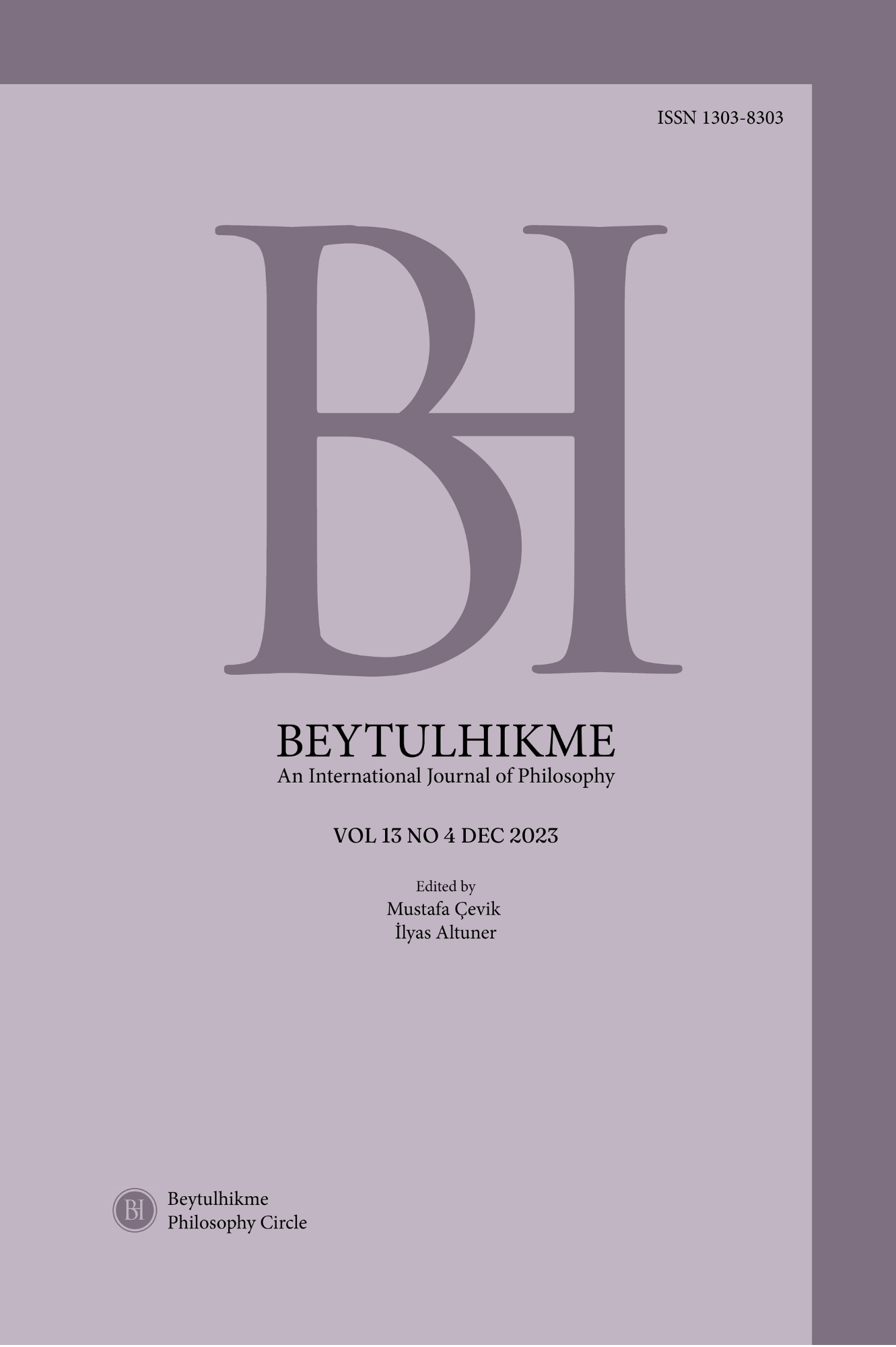Tamamlanmış Hiçbir Şey Yaşayamaz: Varoluşçu Felsefe Perspektifinden Thomas Bernhard’ın Romanlarında İntihar Olgusu
Author :
Abstract
Bu çalışmanın amacı, Thomas Bernhard’ın romanlarında yaşam, ölüm ve intihar üçgeninde insanın varoluşsal çabasını varoluşçuluk öğretisi ekseninde anlamaktır. Bu amaç doğrultusunda Bernhard’ın Bitik Adam ve Düzelti romanlarındaki intihar edimi, ana karakterler merkezinde tematik analiz ile çözümlenmeye çalışılmıştır. Anlamsız dünyada çetin bir varoluş imtihanından geçen insanın seçeneğine odaklanan Bernhard, insanın kendi varoluşu için dünyanın sonsuz uyumsuzluğunun gerekli olduğunu kabul etmesi gerektiğini savunur. Bu kabul, insanın pasifize olmasını değil biteviye başkaldırarak varoluşun alternatif imkânlarını temsil etmektedir. Çalışmanın sonucunda, romanlarda karakterleri intihara götüren temel faktörler; insanın var olma çabasında koşul ve zamanların belirlenimciliği ile özgürlüğün iç içe oluşunu kavrayamamak, istem ve tasarımlarında kusursuzluk idealini aşamamak, durumlara gösterilen başkaldırıyı sürdürememek, yinelenen varoluş seçeneklerini değerlendirememektir. Bu suretle yaşam kapanına sıkışan insan, iradesine bahşedilen tek ve en özgür edimi olarak intiharı seçecek ancak yok olan beden gerçeğine karşılık yaşam var olmaya devam edecektir.
Keywords
Abstract
The purpose of the present study was to understand the existential effort of man in the triangle of life, death, and suicide in Thomas Bernhard’s novels in the context of existentialism. In line with this purpose, the suicide act in Bernhard’s “The Loser” and “Correction” novels was analyzed with thematic analysis based on the main characters. Focusing on the choice of the man who goes through a difficult test of existence in the meaningless world, Bernhard argues that man must accept that the eternal disagreement of the world is necessary for his existence. This acceptance does not represent the pacification of human beings, but the struggle to survive by constantly rebelling and the alternative possibilities of existence. As a result of the study, the main factors that take the characters to suicide in the novels were found to be not being able to grasp the determinism of conditions and times and the intertwined nature of freedom in a man’s struggle for existence, not being able to exceed the ideal of perfection in the will and designs, not being able to continue the rebellion against the situations, not being able to evaluate the repeated existence options. In this way, a person who is stuck in the “life trap” will choose suicide as the only and freest act granted to his will, but life will continue to exist in return for the fact of the disappearing body.





